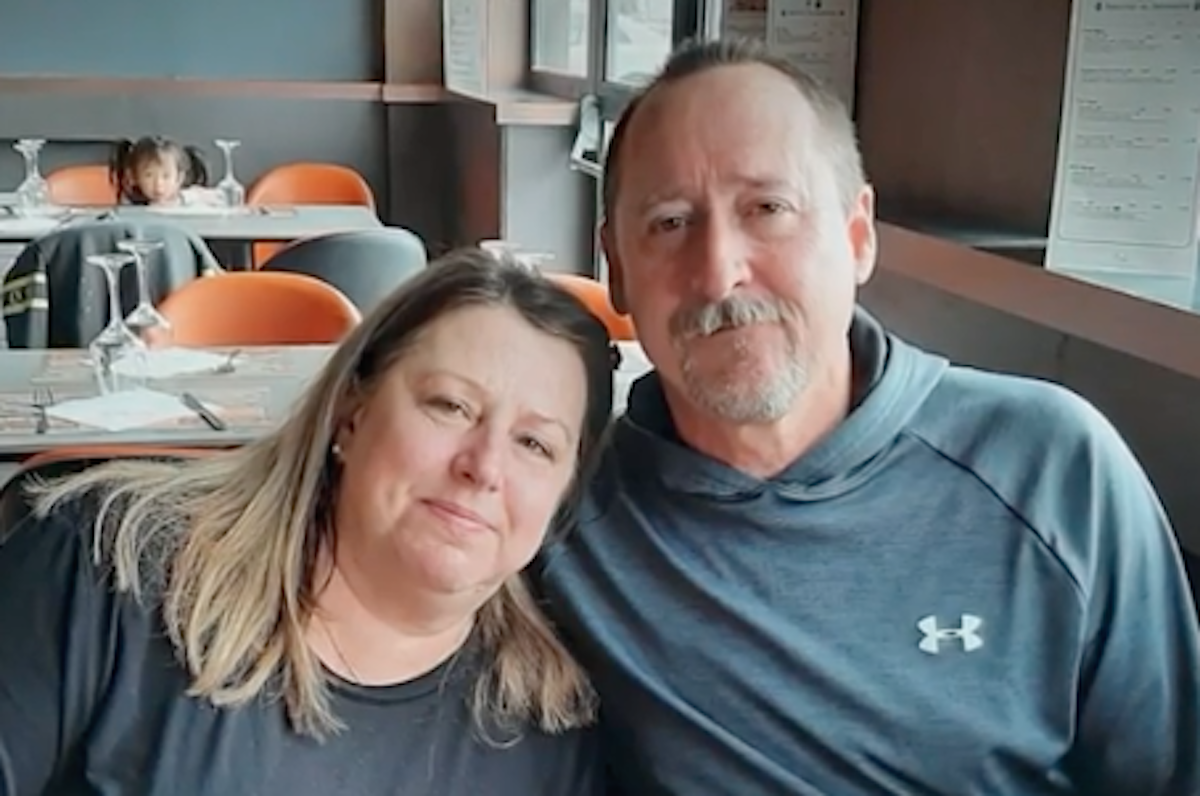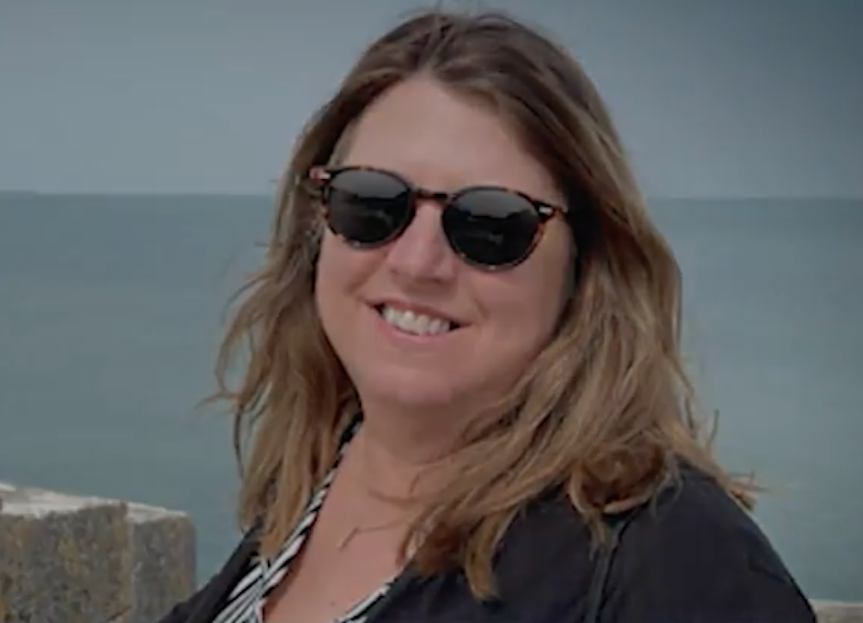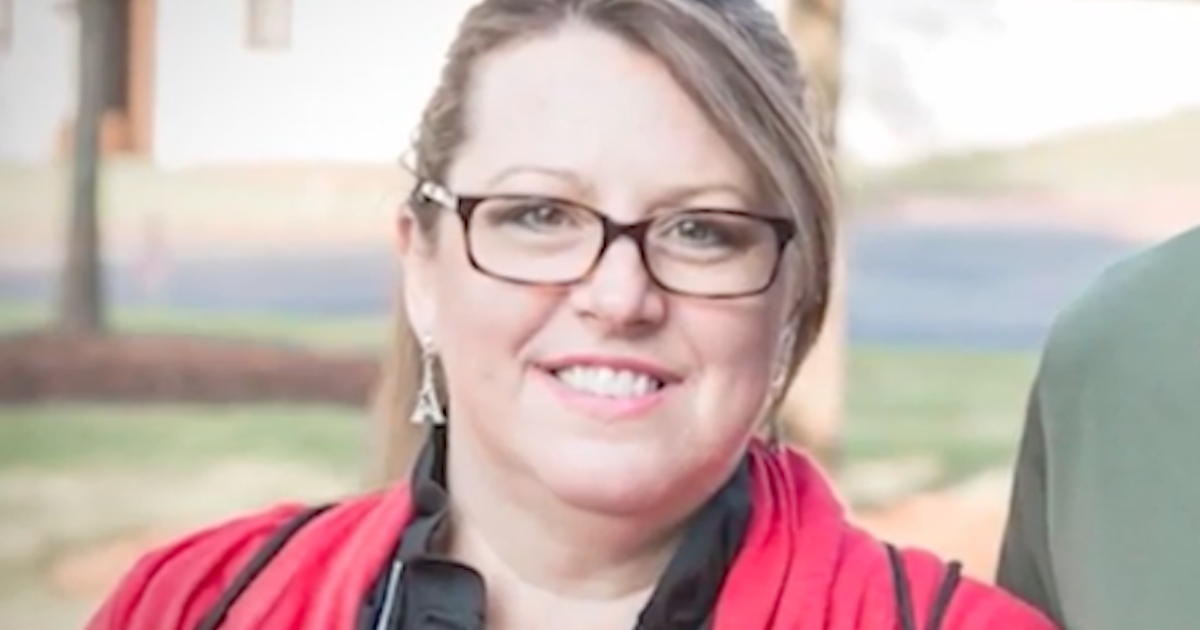Dealing with a Rare Disease
- Lisa Bush was diagnosed with a rare neurological disorder known as Guillain-Barré syndrome (GBS) just days after losing feeling in her legs, rushing to the hospital, and becoming paralyzed.
- Now her family is seeking community support and hoping to raise enough funds to help with medical bills to come.
- Handling a rare disease can be very overwhelming, but SurvivorNet's experts have guidance on how to seek out specialized treatment providers.
- More common diseases might not require the same degree of specialized attention, but finding doctors with specific expertise may be necessary for rare ones. In that case, the most effective place to find a specialist is often at academic centers and comprehensive care centers.
- The SurvivorNet Clinical Trial Finder and websites called Clinicaltrials.gov and PubMed are great resources to use if you're considering experimental treatment for your rare disease. These databases can also help you find doctors who specialize in your disease.
- Other options you may pursue include researching companies that are in the process of developing drugs to treat your specific disease and investigating the possibility of "compassionate use," which makes drugs available to some patients before the drugs are officially approved.
Now, her son Cody Bush is sharing his mom’s story in hopes to raise money for medical bills as Lisa has a “long road” ahead fighting this disorder which has no cure. However, his family continues to rely on the “power of prayer again in this challenging moment” and remains hopeful, according to WJCL, the ABC affiliated TV station in Savannah, Georgia.
Read More
Despite there not being a change in his mom’s health status, Cody revealed his family will continue praying for her recovery.
"Many challenges in my family’s past have just been solved by the power of prayer, and we’re really relying on that power of prayer again in this challenging moment,” he added,
A GoFundMe has since been set up for Lisa Bush and has raised more than $12,000.
“At this point, Lisa has lost feeling in her legs, feet, arms, and some in her hands. She's had a lung collapse and is currently on a ventilator,” the GoFundMe explains. “The doctors have done a series of procedures to help boost her immune system, and they are now working on getting her breathing better and keeping her comfortable while her body fights back.”
Lisa was scheduled to undergo a tracheotomy last week to offer her relief, however, treatment will not stop there.

“At this point, there is no timetable for her recovery, and it will be a long road to getting her better,” the crowd fundraising page, set up to help with any financial difficulty throughout Lisa’s GBS journey, says.
“Our family is so thankful for all of the thoughts and prayers that have been sent Lisa's way,” the GoFundMe concludes. “Even in this horrific situation, we know that God is still good and pray that he will be glorified through it all.
What is Guillain-Barré Syndrome?
Guillain-Barré syndrome (GBS), also known as acute inflammatory demyelinating polyradiculoneuropathy (AIDP), is a rare neurological disorder that affects approximately 3,000 people across the U.S.
“It is a neurological disorder in which the body’s immune system attacks the peripheral nervous system, the part of the nervous system outside the brain and spinal cord,” Johns Hopkins Medicine explains.
According to Johns Hopkins the onset of the disorder can be “quite sudden and unexpected and requires immediate hospitalization.”
The time it takes to develop GBS could be in just a few days or up to several weeks, and the most amount of weakness will occur within the first weeks of symptoms appearing.
The rare disorder, which usually arises after a respiratory or gastrointestinal viral infection, can affect any age, as well as both men and women.
As of now, there is no known cure for the disorder, and treatment, which is done in a hospital, consists of relieving symptoms and ways to prevent breathing problems.
“Medicines are used to control pain and other conditions that may be present. In addition, you may get treatments, such as plasmapheresis or immunoglobulin, to suppress the immune system and reduce inflammation caused by the immune system's response to the disease,” according to Johns Hopkins. “Plasmapheresis is a procedure that removes the plasma (the liquid part of the blood) and replaces it with other fluids. Antibodies are also removed with the plasma, which is thought to help reduce the symptoms of the disease. Immunoglobulin is a blood product that helps to decrease the immune system's attack on the nervous system.”
Hormonal therapy and physical therapy are also used amid treatment to help with muscle flexibility and increase muscle strength.
Symptoms of GBS
Although symptoms can vary slightly from person to person, the most common first symptom of GBS is a weakness or tingling sensation in the legs, which could sometimes spread to the upper body and arms.
“A neurological exam usually reveals a loss of all deep tendon reflexes. The symptoms may get worse. In some cases, you may not be able to use your muscles at all,” Johns Hopkins explains. “You become paralyzed, and breathing is hard. Your blood pressure and heart function are affected. GBS is a medical emergency and needs to be treated promptly.”
Resources for People Facing Rare Diseases
With a rare diagnosis can come all sorts of feelings of anxiety, fear and loneliness. But it's important to know you're not alone. Below are some helpful resources for the many people affected by lesser-known or less-researched diseases.
Academic Centers and Comprehensive Care Centers
For some rare disease warriors, community centers provide great treatment options. But for people with rare conditions cancer or otherwise more specialized care may be required. In that case, the most effective place to find a specialist is often at academic centers and comprehensive care centers.
In a previous conversation with SurvivorNet, Dr. Kenneth Miller, director of outpatient oncology at the University of Maryland's comprehensive cancer center, explained what differentiates a "comprehensive cancer center" from other treatment providers.
Seeking Care at a Comprehensive Cancer Center
"Pretty much automatically, there's going to be a team approach [to your care]," Dr. Miller said. "Surgical oncology, medical oncology, radiation oncology, and all the support servicesand also wonderful pathology and radiology."
Dr. Miller added that at a comprehensive cancer center, all of these different specialists work together as a team to help you find the best course of treatment for your specific kind of cancer.
"We call it a tumor boarda group to go through all the details of your case… so you get a group of very smart people coming up with a plan together that is hopefully optimal and gives you the best chance of doing well."
Clinicaltrials.gov and the SurvivorNet Clinical Trial Finder
Another place to turn to when you've been diagnosed with a rare disease and you're considering experimental treatment or trying to find specialists is clinicaltrials.gov a database maintained by the U.S. government that compiles privately and publicly funded clinical trials conducted around the world. Clinical trials themselves are research studies that compare the most effective known treatment for a specific type or stage of a disease with a new approach.
Clinical Trials Can be Life-Saving for Some
Clinicaltrials.gov can help you explore possible treatment options by looking at trials that are actively recruiting. The site also provides the information of some of the most specialized doctors in a specific field since they often end up leading clinical trials that advance our understanding of diseases.
By searching your disease on Clinicaltrials.gov, you will usually come across a list of many studies. The lead researcher will be listed under the heading, "Investigators." Lead researchers in studies on rare diseases are typically doctors who have specialized in the study of that condition.
And if you'd prefer to search for clinical trials on a more user-friendly site, try SurvivorNet's new A.I. driven tool built on top of clinicaltrials.gov: the SurvivorNet Clinical Trial Finder. This tool is updated daily and gives users access to more than 100,000+ individual clinical trials to help them find treatment options.
To use the SurvivorNet Clinical Trial Finder, simply answer some basic questions using our custom-designed chat feature and we'll send customized clinical trial options within your region right to your email. In simplifying the search, we hope to offer multiple opportunities for clinical trial sponsors and clinical research organizations to engage with patients.
"Clinical trials are critical to the development of new therapies, and as we live through this extraordinary revolution in genomics, immunotherapy and targeted therapy, it's clear that one of the most pressing needs for patients, clinical trials sponsors, and researchers is simply a better way to find patients," SurvivorNet CEO Steve Alperin said. "Even one percent more people successfully enrolled in clinical trials can change the world."
Dr. Beth Karlan, a gynecologic oncologist with UCLA Health, previously told SurvivorNet that clinical trials can be play an important role for some patients' treatment, but they also serve a larger purpose.
"Clinical trials hopefully can benefit you, but is also providing very, very vital information to the whole scientific community about the effectiveness of these treatments," Dr. Karlan said. "We need everyone to be partners with us if we're ever going to truly cure cancer or prevent people from having to die from cancer."
That being said, it's important to remember that clinical trials aren't for everybody. And going into a study does not necessarily mean you'll receive better care than the standard treatment. You should always talk with your doctor(s) before getting involved in one. Some risks to consider are:
- The risk of harm and/or side effects due to experimental treatments
- Researchers may be unaware of some potential side effects for experimental treatments
- The treatment may not work for you, even if it has worked for others
PubMed
Similar to clinicaltrials.gov, PubMed is another place to turn if you're looking to research your rare disease. This website includes more than 33 million citations for biomedical literature from MEDLINE, life science journals and online books.
If you type in your disease, you'll see a list of studies and articles about the condition. You can even add a filter to only look at clinical trial information. By looking at the doctors associated with the published clinical trial results and other articles, you may be able to find doctors that specialize in research for your disease.
Newly-Developed Drugs
For those who've been recently diagnosed with a rare disease, we also want to highlight reasons for hope since there is something of a revolution going on in the development of drugs for rare diseases. The sequencing of the human genome has enabled doctors to take new approaches to treating some of these uncommon conditions. One step you may take after being diagnosed with a rare disease is looking into the drug companies developing drugs to treat your condition.
Compassionate Use and Off-Label Use
Drug companies may be able to help patients enroll in clinical trials, and in some rare cases, they may even be able to offer "compassionate use." Compassionate drug use makes a new drug that has not been fully approved available to a patient facing a serious illness. This only typically happens when a patient has exhausted all other treatment options, but it is an important option to understand.
The "Right to Try" Controversy: When Should People be Given Experimental Drugs?
Similarly, researching drug companies may be a path to "off-label" drug use. Off-label drug use involves taking a drug that has been approved for treating one condition in the hopes that it may treat another condition that it has not yet been approved for.
Contributing: SurvivorNet Staff
Learn more about SurvivorNet's rigorous medical review process.

